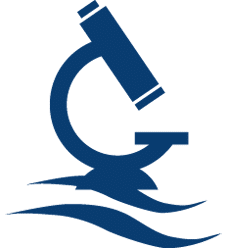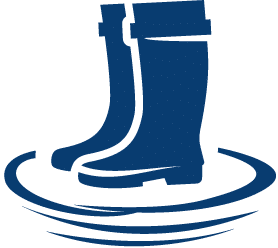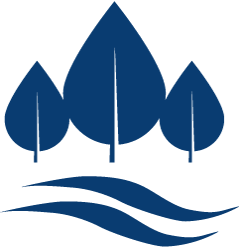Since 1967, Stroud Water Research Center has focused on one thing — fresh water.
We advance knowledge and stewardship of freshwater systems through global research, education, and watershed restoration.
What We Do
Support Our Work
Latest News

Measurement of streamwater biodegradable dissolved organic carbon with a plug-flow bioreactor

Water quality functions of riparian forest buffer systems in the Chesapeake Bay Watershed

Research in tropical streams and rivers: introduction to a series of papers

Present status and future directions of tropical stream research
Featured Initiatives and Partnerships
WikiWatershed® web tools offer watershed data visualization, geospatial analysis capabilities, and science-based predictions of human impacts on stormwater runoff and water quality.
The Water Quality mobile app is a water-monitoring data-collection and learning tool designed for use by educators and their students, citizen scientists, and researchers.
EnviroDIY™ is a community where members ask and answer questions and network within interest groups to develop do-it-yourself environmental science and monitoring devices.
The Society for Freshwater Science Taxonomic Certification Program ensures skilled persons are providing aquatic invertebrate identifications in North America.
The Leaf Pack Network® is an international network of teachers, students, and citizen monitors using a simple experiment to determine the health of their local streams.
The Consortium for Scientific Assistance to Watersheds provides free technical assistance to Pennsylvania-based watershed and conservation organizations.
Upcoming Events
White Clay Creek Fest
May 4, 12:00 PM – 4:00 PM EDTOregon Dairy Volunteer Day
May 11, 9:00 AM – 12:00 PM EDTWillowdale Steeplechase
May 11, 10:00 AM – 5:30 PM EDT2024 Joan and Dick Stroud Memorial Lecture
May 15, 6:00 PM – 8:00 PM EDTTaxonomic Certification Opportunity in North Carolina
May 16Virtual Silent Auction Fore Fresh Water
May 17 – May 21





